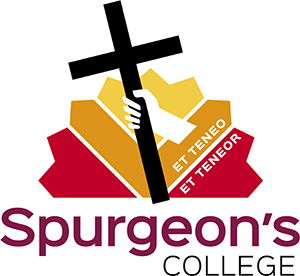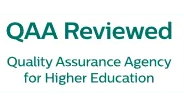The College Council is an important constituent part of how Spurgeon’s College discerns the mind of Christ regarding the way Christian ministers and other leaders are trained. The Council informs decision making by the Board of Governors and in turn is given an inside view of the issues facing the College, so is well informed about the work of the College. That enables Council members to use their channels of communication to share important news with others.
The Governors as Trustees have the legal authority conferred by the Charities Act for the governance of the College, so the Council is not a directing or policy setting body. However, Governors are pledged by Memorandum of Understanding to listen carefully to the views of the Council and will generally seek to align policies with the known wishes of Council members.
Member Role
The role of a Council member includes these elements:
- To reflect on the suitability and effectiveness of the provision of courses at the College
- To ensure that College staff and Governors are aware of the views of the churches and the wider Christian community regarding the work of the College
- To reflect on the value, ethos and working policies adopted by the College
- To appoint members of the Board of Governors
- To support College staff and Governors in their work
- To be an advocate for the College using local and regional networks
Member Profile
Council members are appointed from a variety of sources in accordance with the Articles of Association. The success of the College Council depends on appropriate people being appointed and participating actively in their role. Naturally any profile is a statement of the ideal, but as far as possible members will be:
- In sympathy with the College’s commitment to the beliefs and practices of Baptists and the interpretation of such beliefs and practices usually called evangelical
- Informed as to the scope of the College’s work, and able to share its goals and values
- Knowledgeable about ministry and mission issues in the 21st century
- Well respected in their church, workplace and wider Christian circles
- Articulate and willing to participate during Council meetings
- Able to bring their wider professional experience and expertise to bear on the needs of the College
- Innovative and gifted to commend the College and share news in local contexts
- Able to give sufficient time to the work of a Council member
- Willing to support the work of the College through prayer and giving




